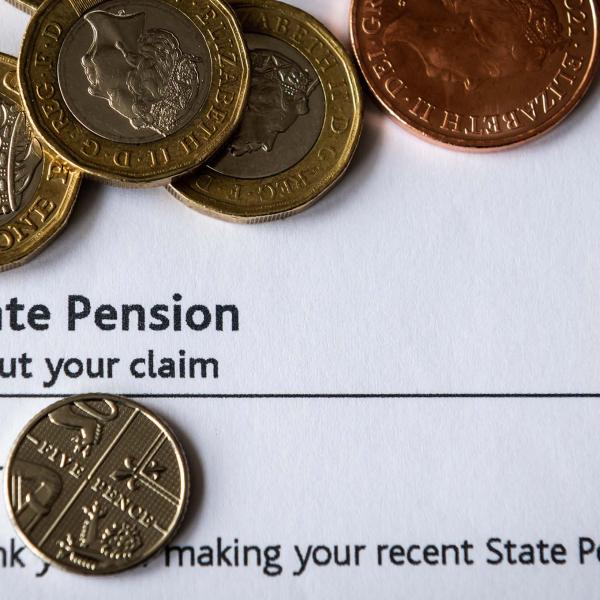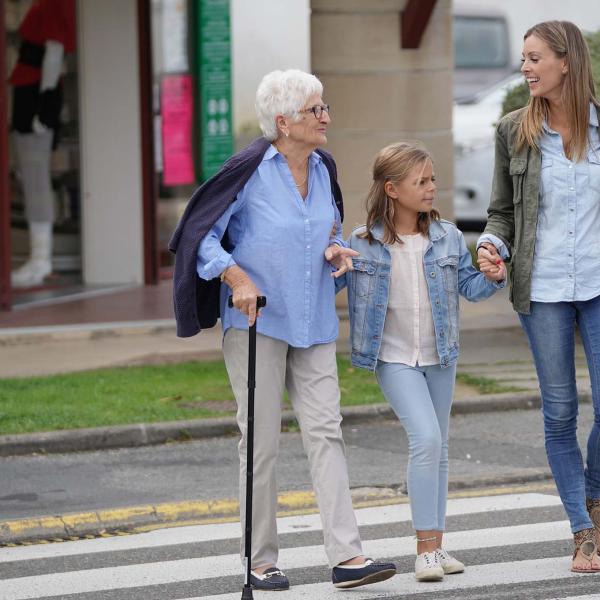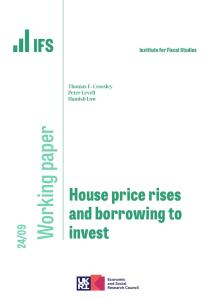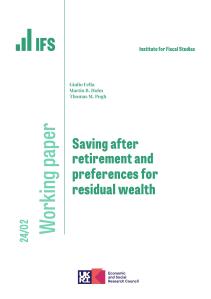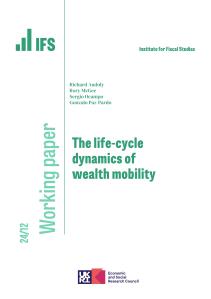The average spending ofrecent retirees with higher-than-average incomes increased through their 60s and 70s. Incomes increased even faster. Spending increases were driven in large part by increasing spending on holidays, and declined only once people were into their 80s. Increased incomes were driven by higher state pensions and receipt of survivors’ benefits.
One curious consequence of this, and despite spending rising until about age 80, is that current retirees save more of their income as they get older.
There are important implications for future retirees. The desire and need to spend do not appear to fall as you age. In the new, complex world of low interest rates, high inflation and managing drawdown, they shouldn’t bank on being happy with spending falling as they get older.
- Among those born between 1939 and 1943, households with above-average incomes increased their annual spending (per person) between the ages of 67 and 75 by 7%, or £1,200, after accounting for inflation.
- A major driver of this increase was a rise in spending on holidays, with annual average spending per person on holidays rising by £430 between the same ages.
These are among the key findings of new IFS research, funded by the IFS Retirement Saving Consortium and the Economic and Social Research Council, published today, which examines how the spending of recent retirees changed as they aged, over the period from 2006 to 2018.
While spending clearly rose for higher-income people, those with lower incomes saw their spending remain broadly flat as they moved through retirement.
There were also important changes in the composition of spending as people aged:
- While spending on food enjoyed at home and on motoring fell steadily with age, annual spending on holidays increased by £430 between ages 67 and 75.
- Spending on household services (including spending on domestic cleaning and home help) and household bills (i.e. utilities and council tax) increased from the mid 70s onwards.
- Spending on bills grew by £350 per person per year between ages 75 and 85. This reflects the fact that shared expenditures like these tend not fall when a partner dies and so roughly double on a per-person basis.
Average household income per person for retirees aged 62 and older increased strongly with age.
- For those born in 1939–43, average annual household income per person was £13,000 at age 67 and £16,000 at age 75, an increase of 24% (after adjusting for inflation).
- Increases in income were driven by state pension incomes increasing faster than prices and by increasing numbers of people receiving the state pension, disability benefits and survivors’ benefits as they age.
- Incomes increasing faster than spending means that rates of saving increased with age through retirement.
Heidi Karjalainen, a Research Economist at IFS and an author of the report, said:
‘As retirement incomes are increasingly funded by defined contributions pots, which can be accessed flexibly, more and more retirees face complex and consequential decisions about how quickly to draw down their pension wealth. If the spending patterns of current retirees are a good guide to how people in the future will want to spend, planning drawdowns on the basis of reduced spending needs in later retirement may not be wise as it may result in unexpected shortfalls in living standards at older ages.
‘While average pension incomes have grown strongly with age in recent years, leaving many retirees with more resources than they chose to spend, high inflation is reducing retirees’ spending power and – along with the more uncertain outlook – makes careful financial planning all the more important.’



